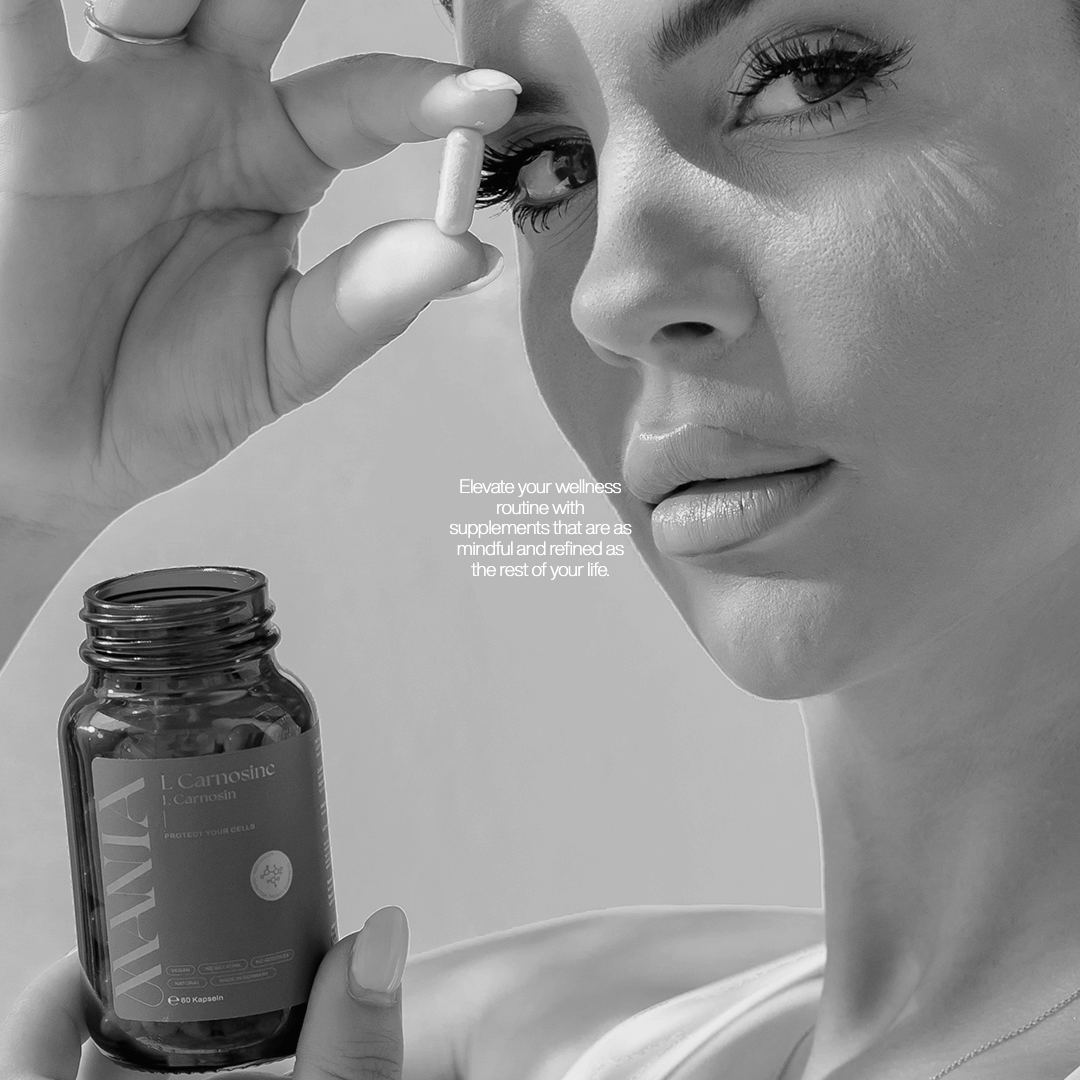Antibiotics – curse or blessing?
Actually, I would say both!
In 1928, the British bacteriologist Alexander Fleming made a medical breakthrough. After returning to his laboratory from a trip, he was cleaning up and noticed that mold had spread on some of the dishes containing bacterial cultures. But one thing was unusual: a circle had formed around one of the molds in which no bacteria were growing. This fungus, called "Penicillium," secretes a substance that is lethal to many strains of bacteria. This was the birth of the antibiotic.
But what does antibiotic actually mean? The name comes from Greek and means something like “against life”.
The intestine loses its charm
Antibiotics have saved many people's lives, no question about it, but unfortunately antibiotics are distributed far too carelessly these days, which brings with it a cascade of side effects and collateral damage. Antibiotics that are directed against the life of bacteria cannot distinguish whether these are good, useful bacteria or pathogenic bacteria. In fact, antibiotics can be detected in the body for up to a year, with the number one victim usually being the intestinal microbiome, i.e. the intestinal flora. If our good intestinal bacteria die, a condition known as dysbiosis occurs, so that the "bad" intestinal bacteria take over and cause problems. These range from classic digestive problems such as flatulence, diarrhea, constipation, to allergies, intolerances and more.
The hospital horror

Growing antibiotic resistance is also a major medical problem: antibiotic resistance refers to the ability of some bacteria to adapt and resist the effects of antibiotics. The result: longer and significantly more severe courses of illness, which can even be fatal. In German hospitals alone, an estimated 15,000 people die each year from resistant germs (1). The most feared of these is “MRSA”, which is also colloquially known as “hospital germs”. MRSA stands for “methicillin-resistant Staphylococcus aureus” and can cause life-threatening infections.
These resistances arise primarily from the overuse of antibiotics and pose a major health risk. Every use of antibiotics promotes the formation of resistance: sensitive bacteria are killed, but the resistant ones survive and continue to multiply.
What is the solution then?
The year was 1989. Immunobiologist, doctor and amateur gardener Dr. Jakob Harich from Florida noticed that the compost around the places where grapefruit seeds were lying did not rot, but rather germ-free areas formed. This gave rise to the idea of developing a special extraction process whose end product had a very high concentration.
What's special: Grapefruit seed extract is not only effective against bacteria - it can also be used to treat viruses, parasites and fungi. And it makes a huge difference, which makes grapefruit seed extract a real remedy: It kills pathogenic bacteria and promotes the life of the good ones. Thanks to these abilities, grapefruit seed extract can be used excellently for so-called symbiosis control, i.e. for correcting the microbiome, and alleviates symptoms caused by dysbiosis. Due to its antimycotic effect, i.e. against fungi, grapefruit seed extract is also often the remedy of choice when it comes to Candida overgrowth.
Thanks to its diverse positive effects on our microbiome, grapefruit seed extract can even be used preventively to avoid an infection in the first place. But the best comes last:

Studies have confirmed that grapefruit seed extract inhibits the proliferation of multi-resistant bacteria, including MRSA. This study found that grapefruit seed extract slows bacterial growth even at low concentrations, which supports its use as a natural antibacterial agent (2). Grapefruit seed extract is also said to be effective against Helicobacter pylori, which is considered to be the cause of painful inflammation of the stomach lining (gastritis) (3).
Grapefruit seed extract has well earned the title of “natural antibiotic” and should be introduced as a basic treatment in doctors’ offices and hospitals. Grapefruit seed extract also has a good reputation when used externally thanks to its antibacterial effect.
Personally, I only use the grapefruit seed extract from Mania Konzept. It is organic quality and is gently extracted in Germany according to the original recipe by Dr. Jakob Harich!
What are your experiences with this?
(1) https://www.gesundheitsforschung-bmbf.de/de/bakterienfressende-viren-gegen-krankenhauskeime-neuer-wirkstoff-gefunden-3250.php#:~:text=Sch%C3%A4tzungen%20zufolge%20sterben% 20Every%20year,Germany%20suffers%20from%20infections%20caused%20by%20hospital%20germs . (2) https://www.sciencedirect.com/science/article/abs/pii/S0305417904001743?via%3Dihub (3) https://pubmed.ncbi.nlm.nih.gov/17333626/







Leave a comment
This site is protected by hCaptcha and the hCaptcha Privacy Policy and Terms of Service apply.